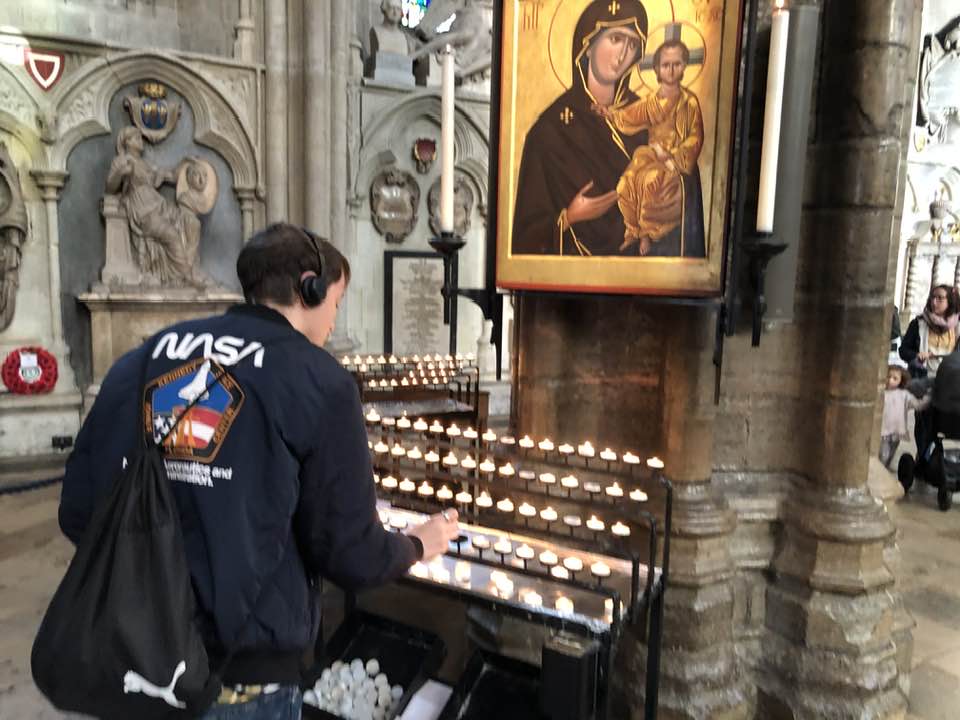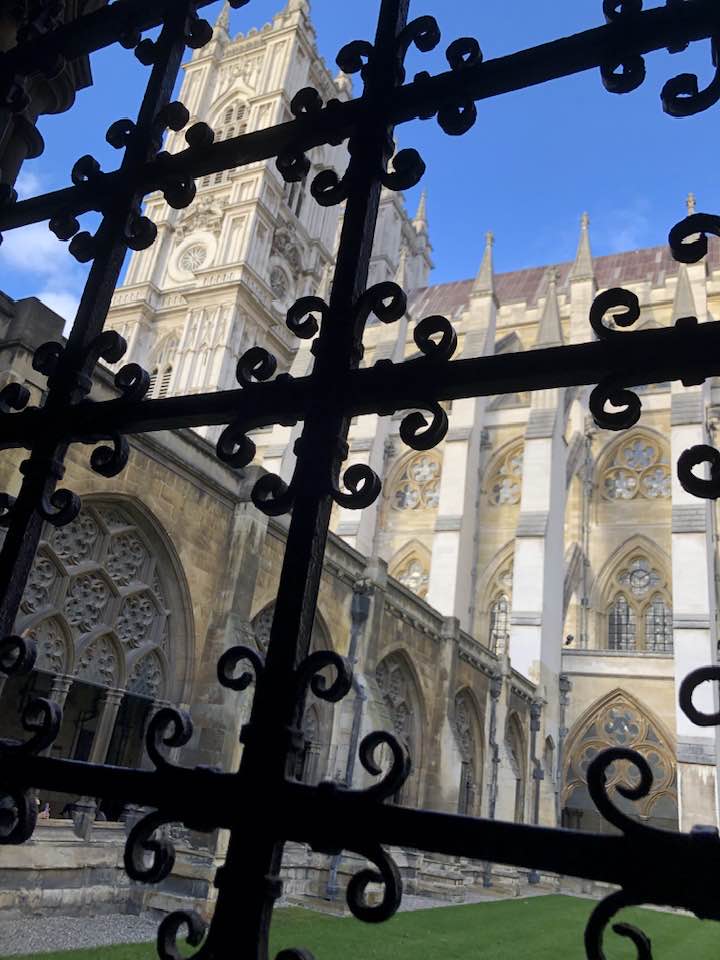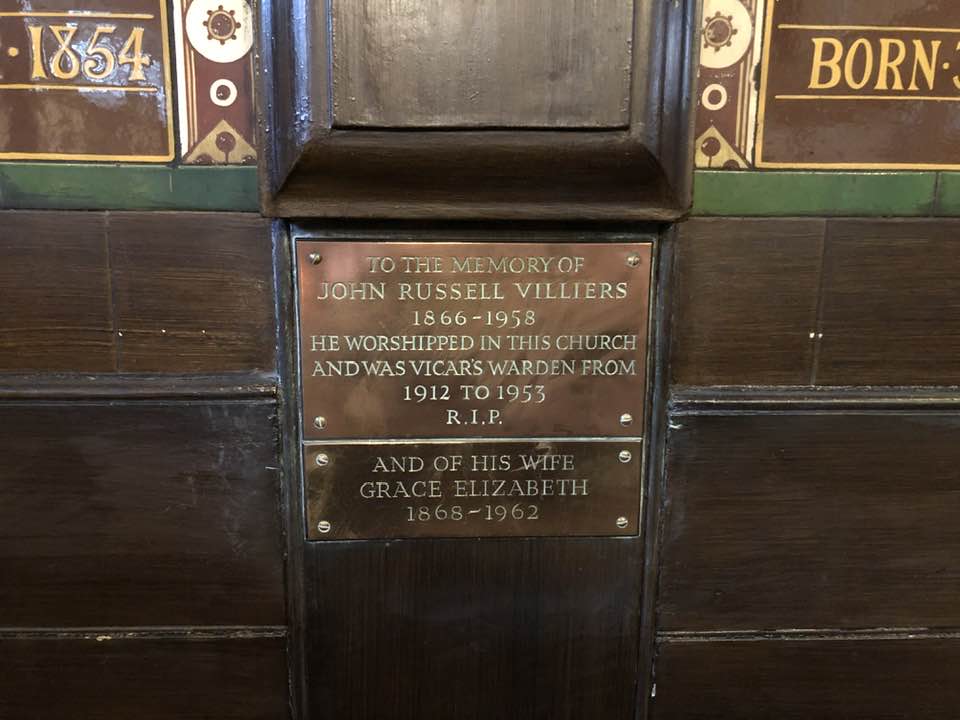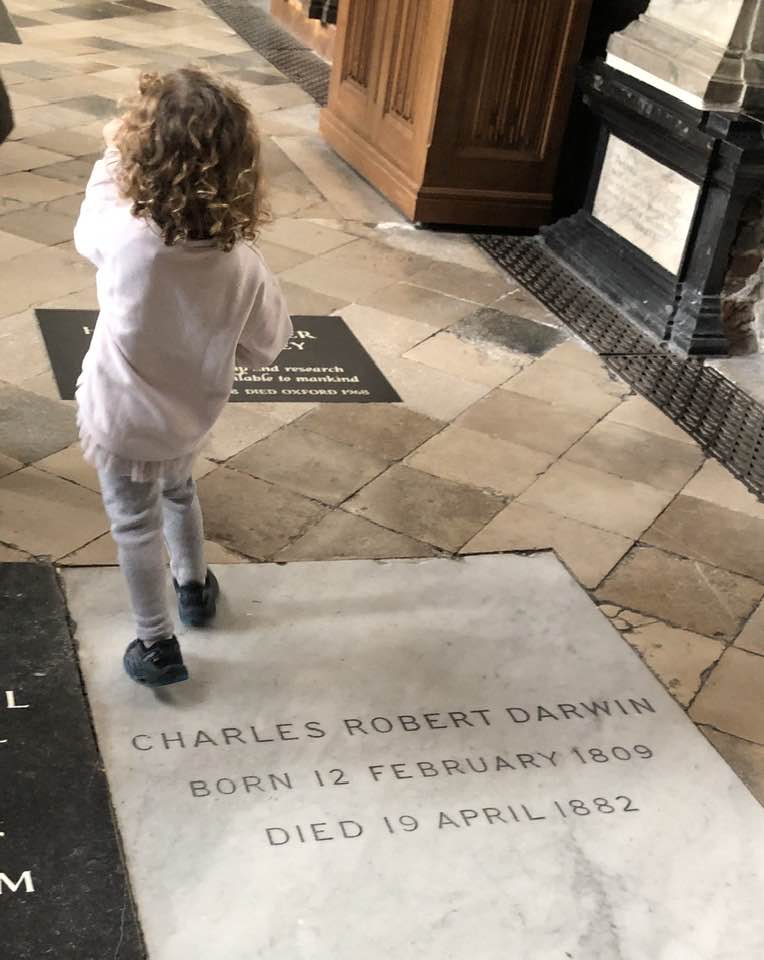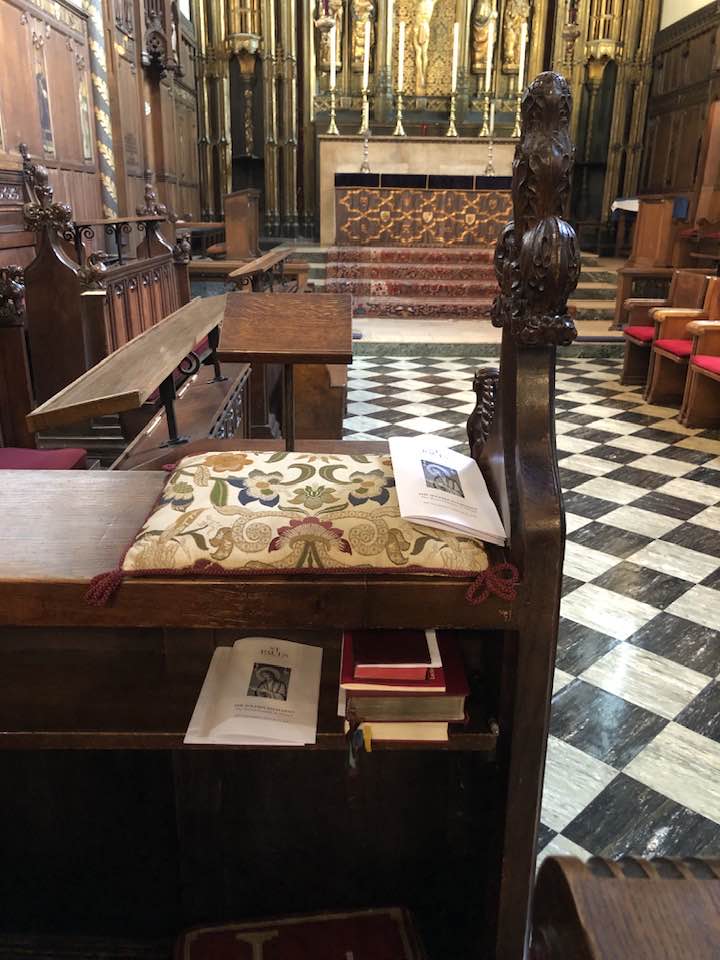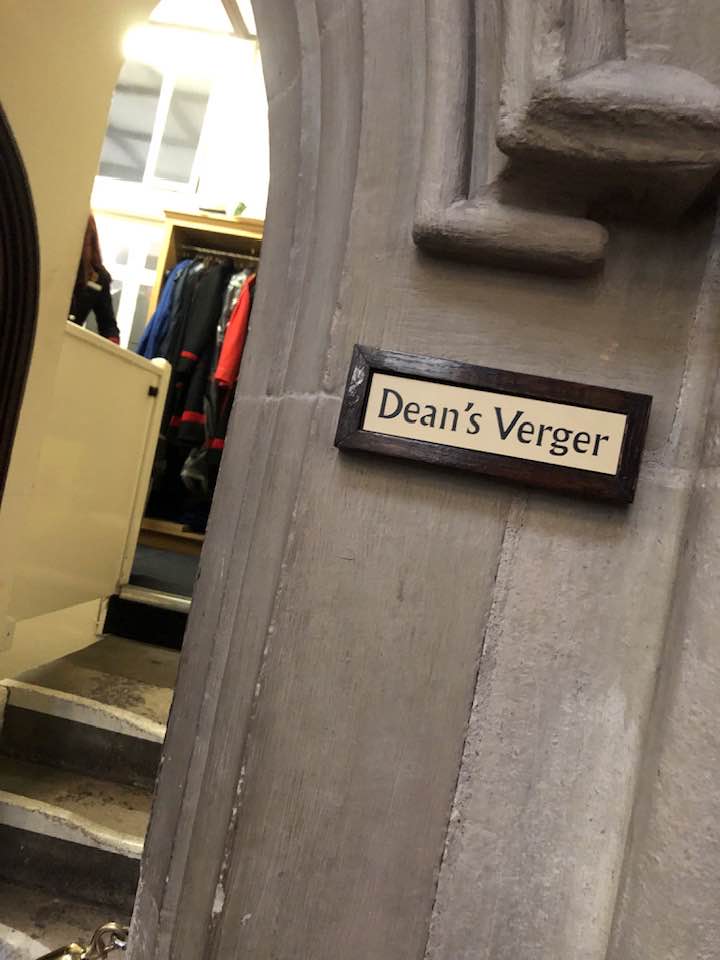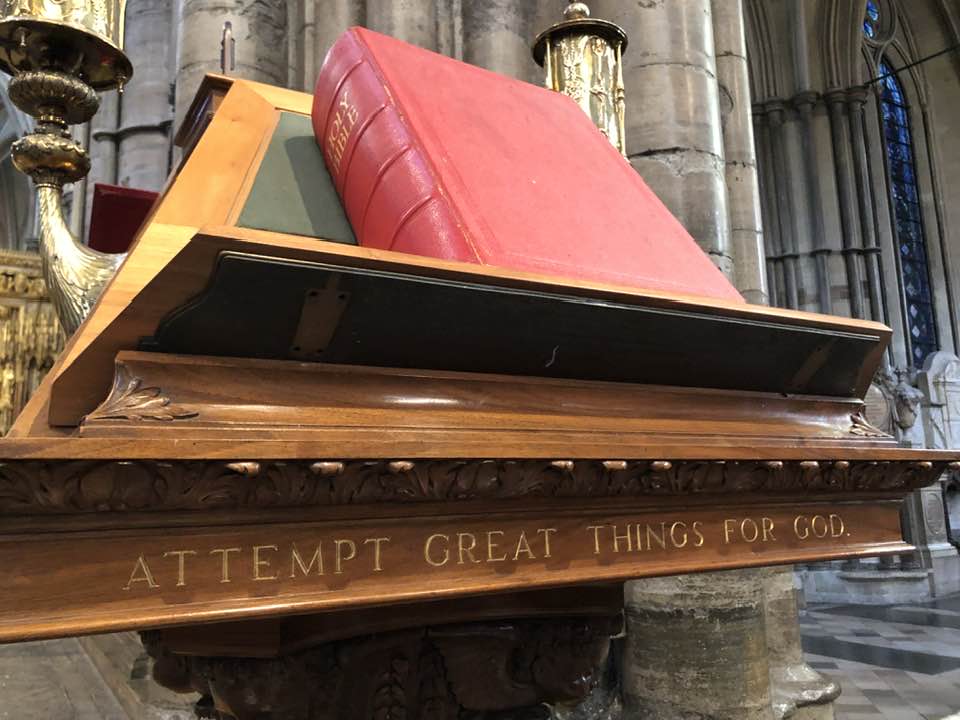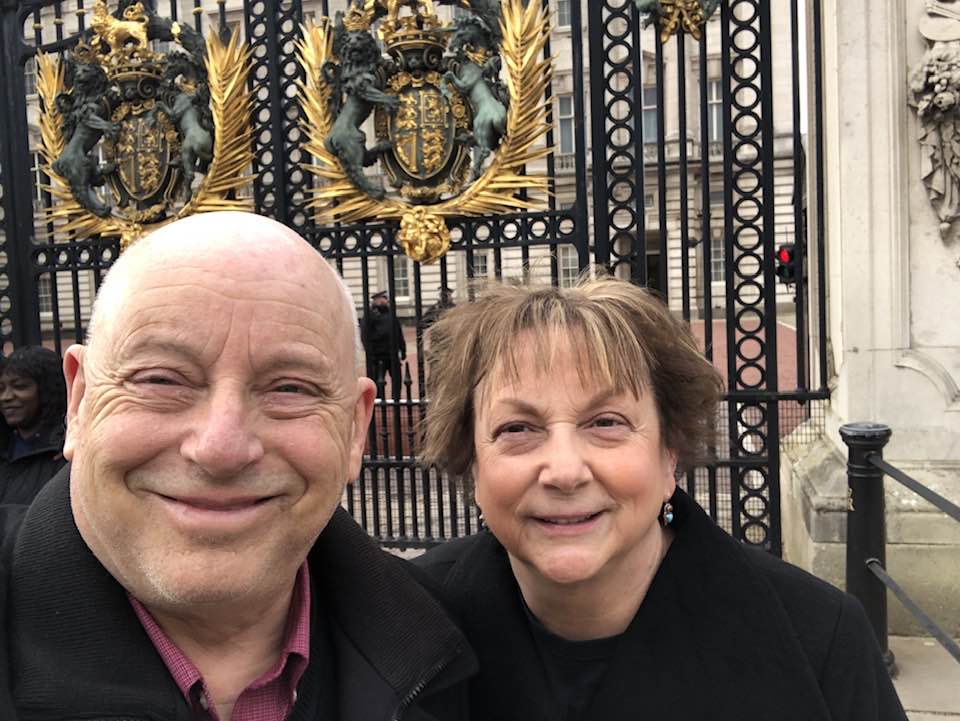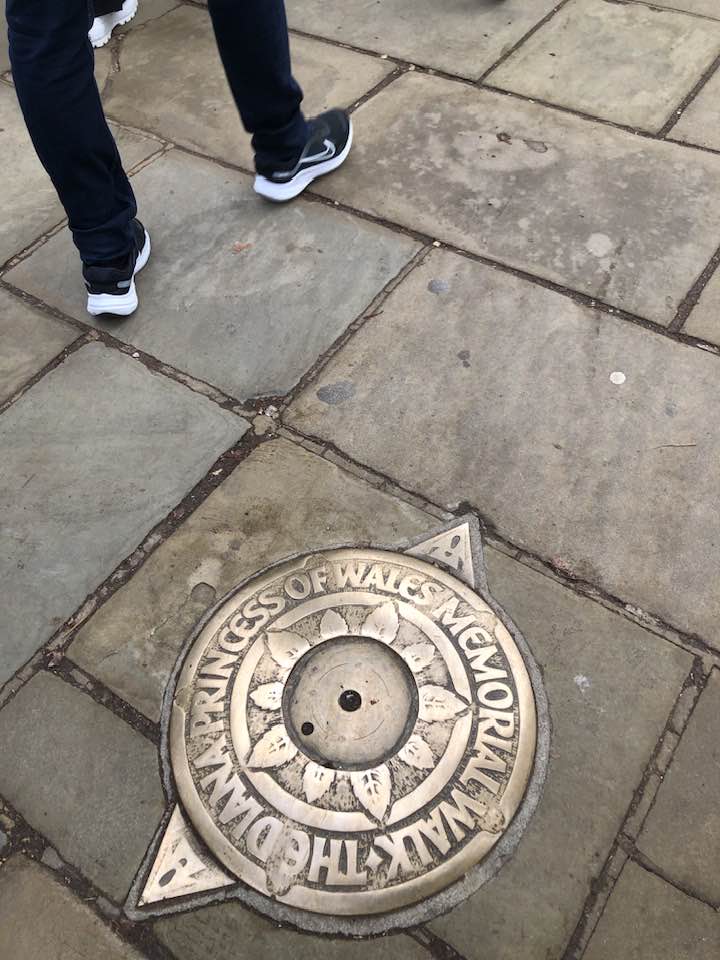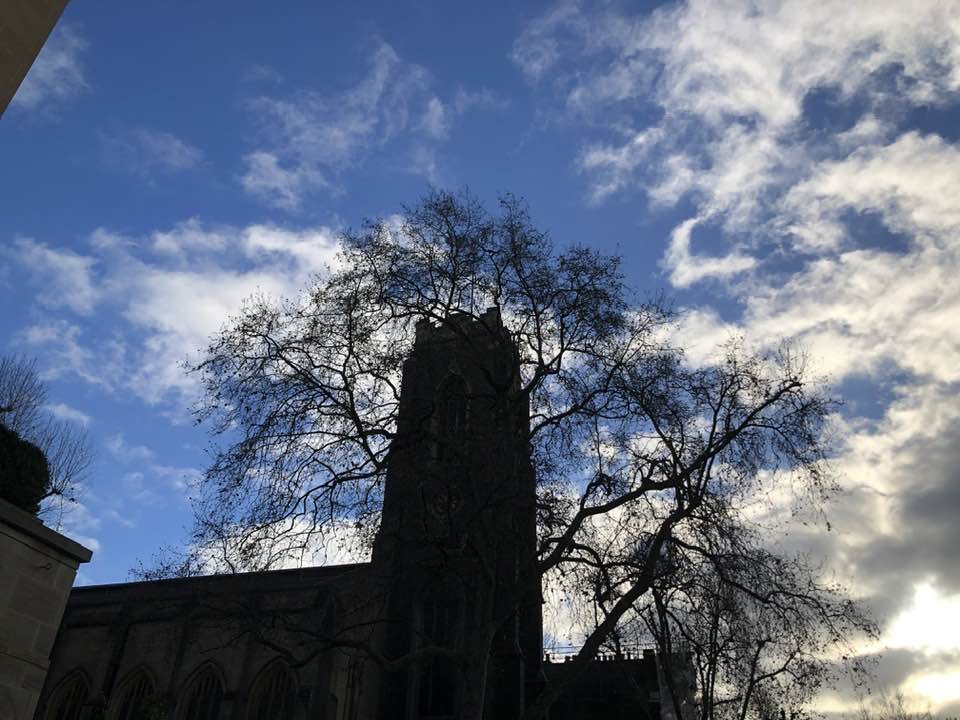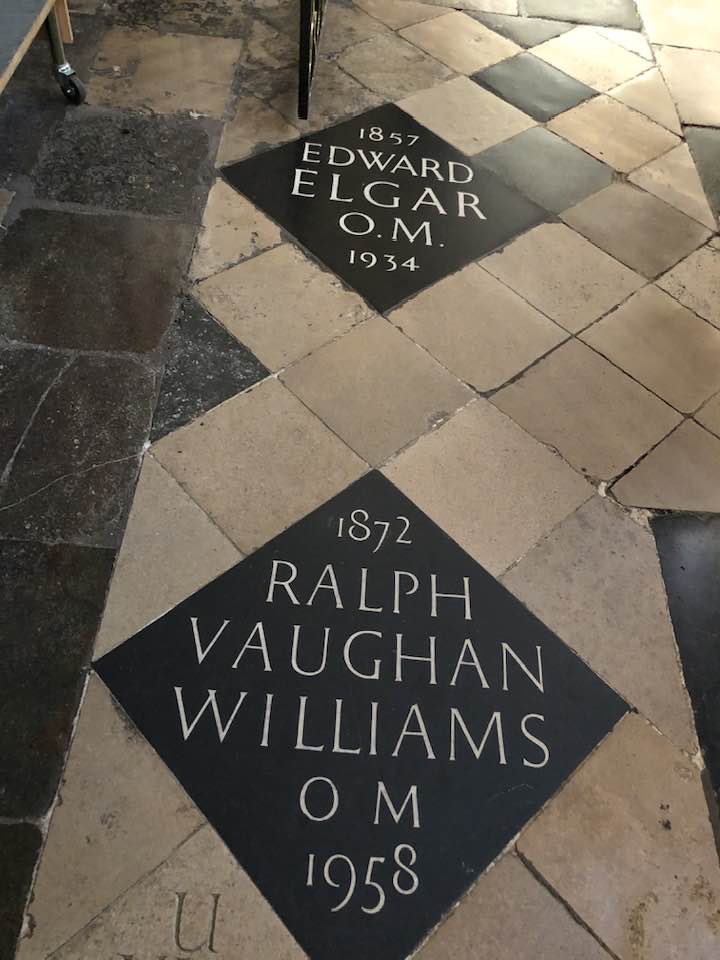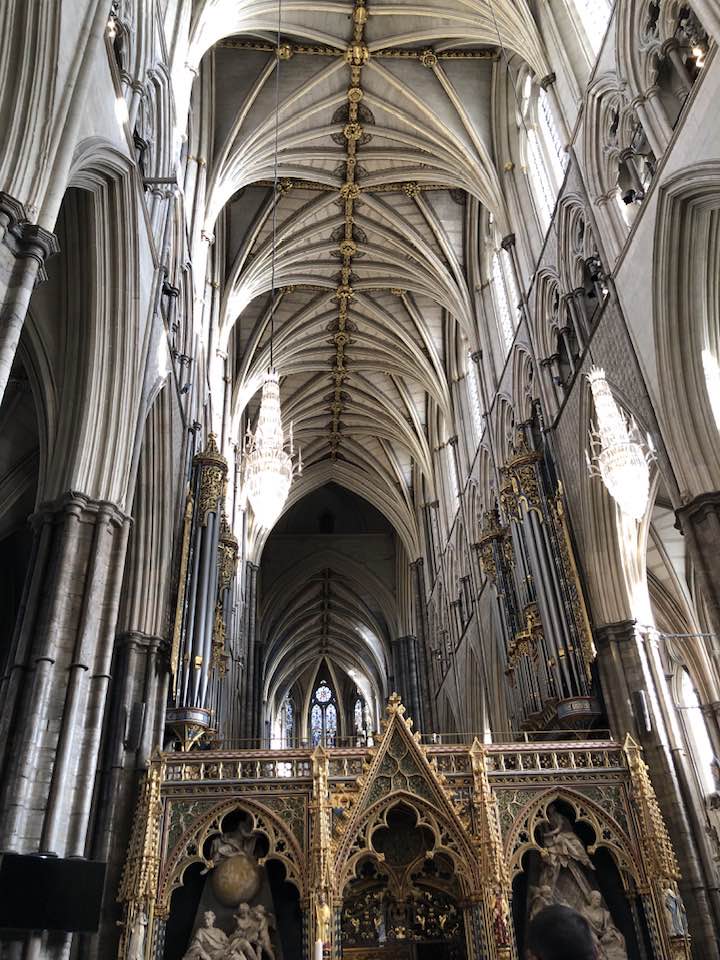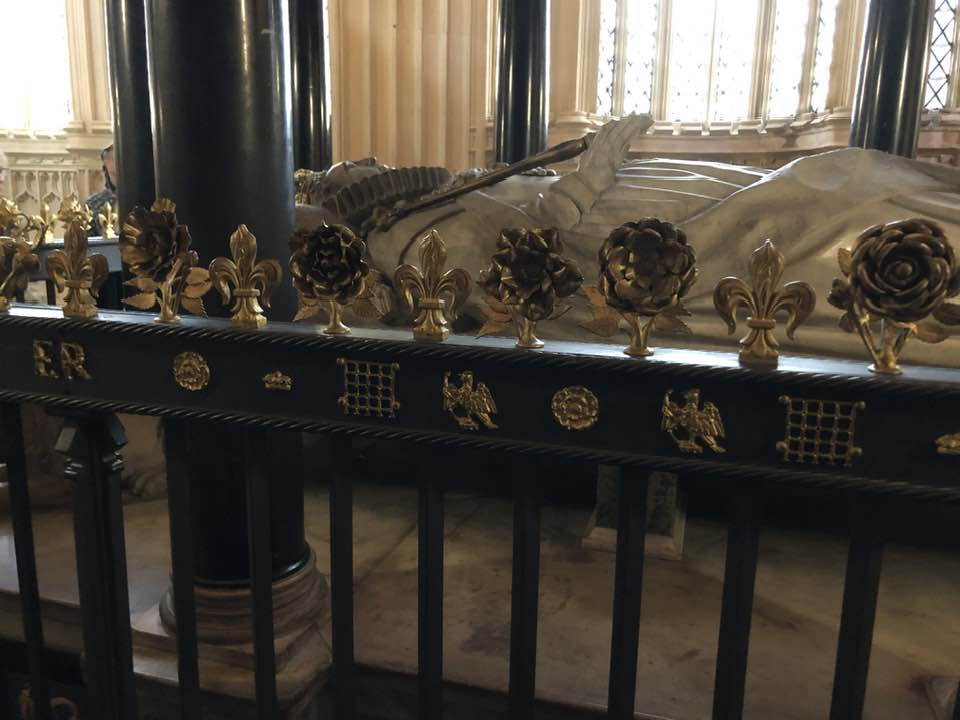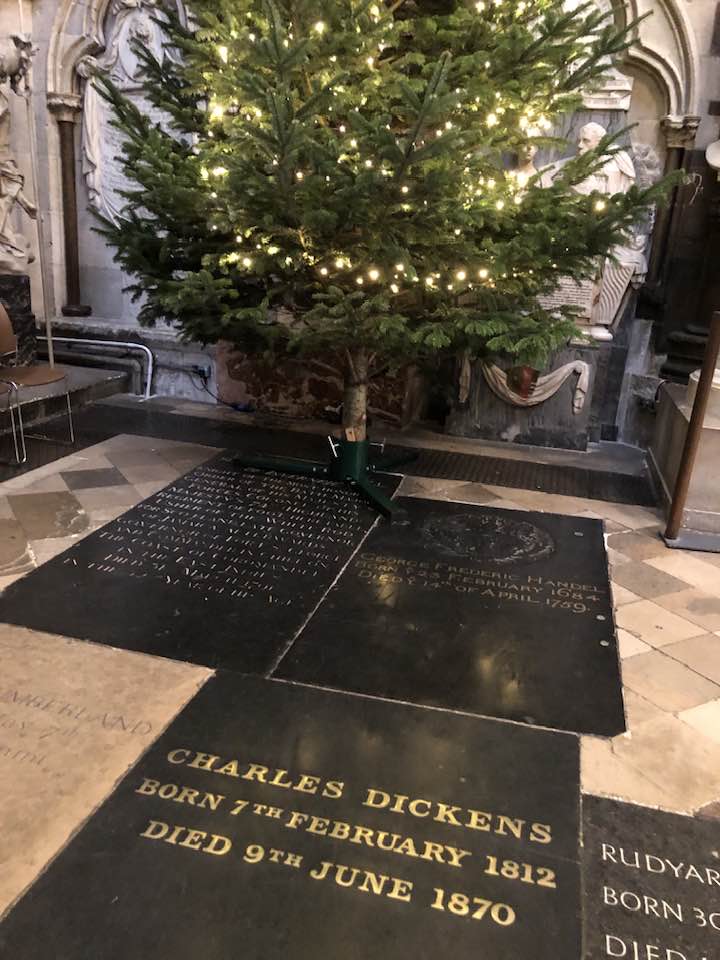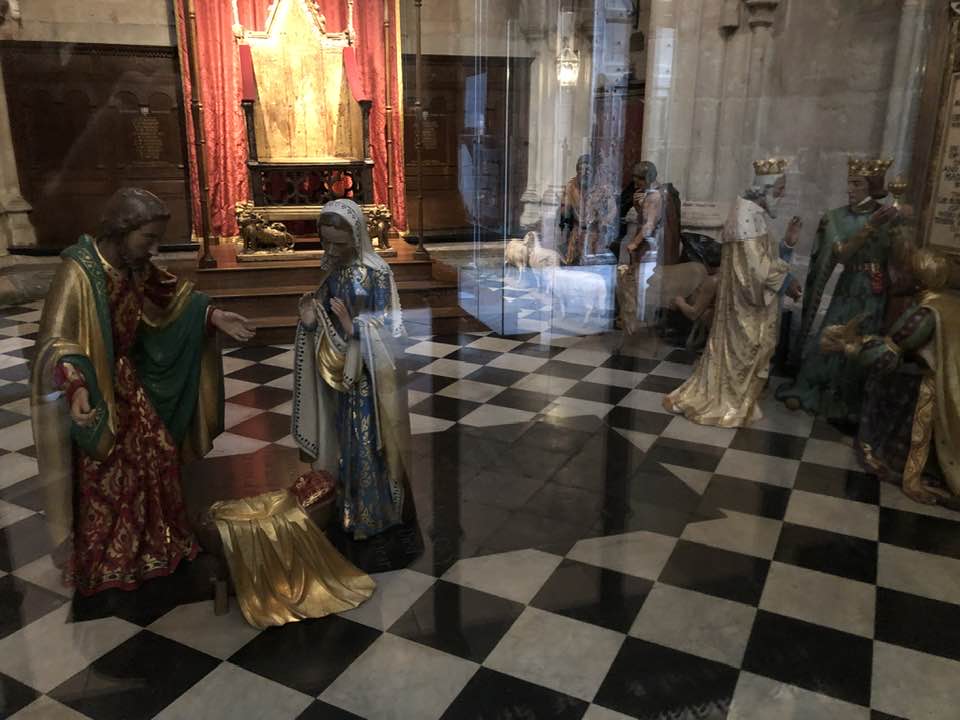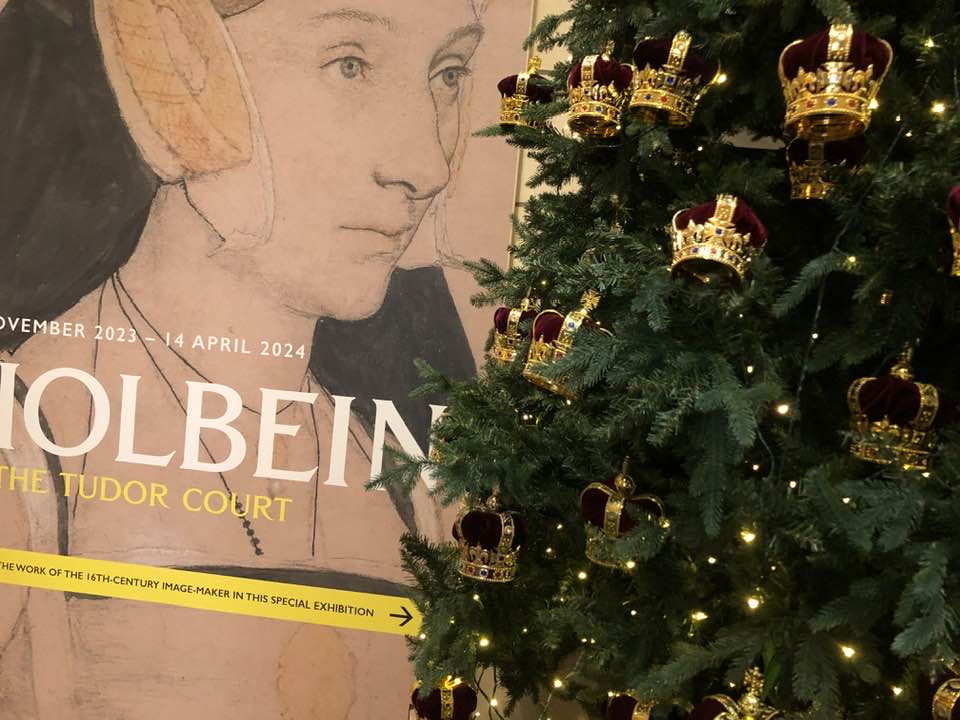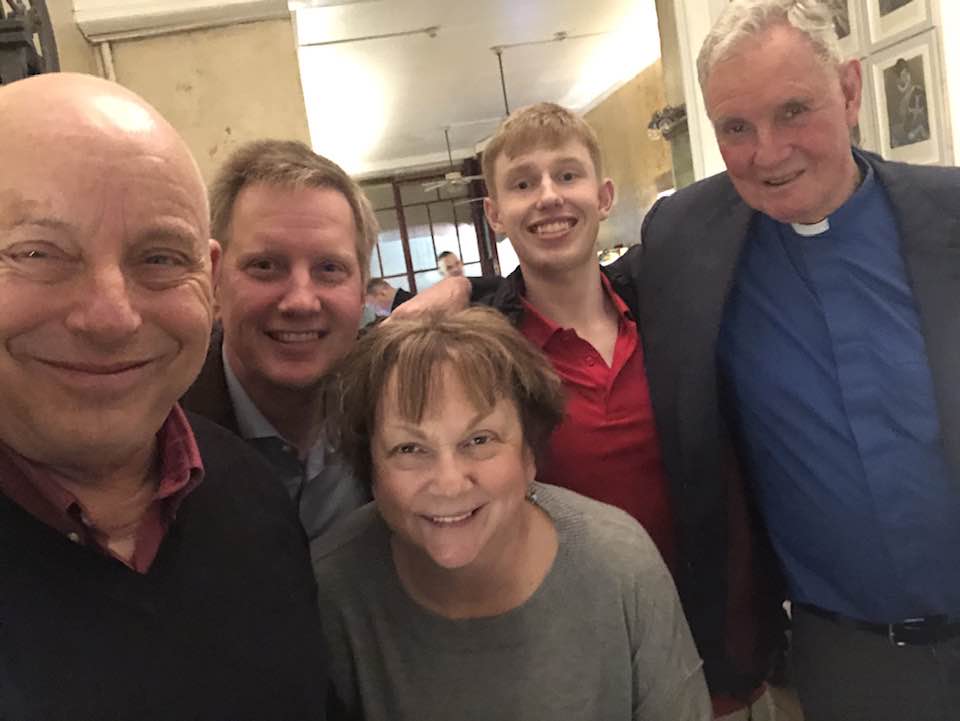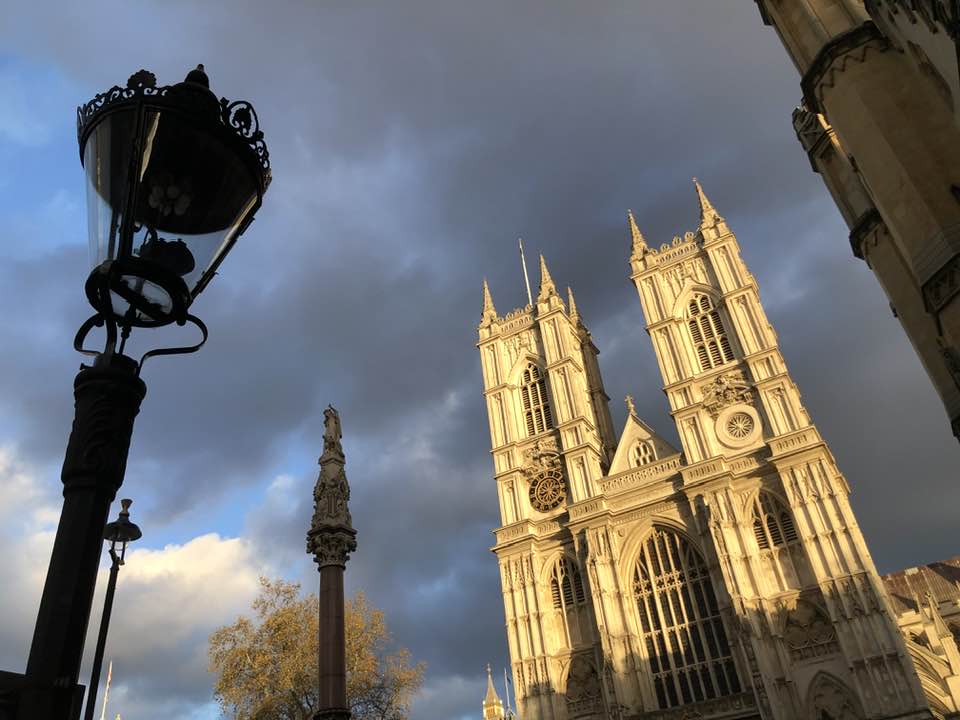
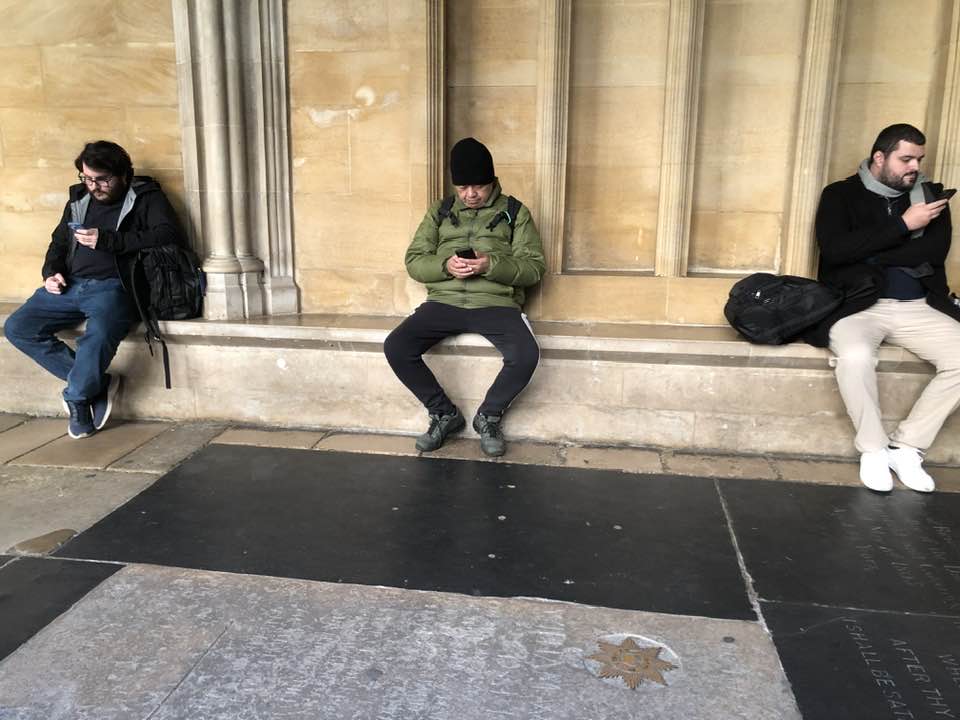
Entering Westminster Abbey this morning, Kathy Hannigan O’Connor and I gratefully accepted the complimentary audioguides. A few minutes later, I noticed that, as I scrolled through the generous menu of selections on the device’s touch screen, I happened to be standing on Charles Darwin’s memorial. I took this as an evolutionary signal to pay closer attention to my surroundings without relying on digital support.
So I turned in the miracle machine and wandered, vowing to go to Wikipedia later to fill in the blanks. For example, Darwin is actually buried there, though many of those memorialized in nearby Poet’s Corner are not. I knew the things I wanted to be sure to see again anyway. Mary Tudor and Elizabeth I, entombed together, with Elizabeth getting more attention, Mary just a few lines in Latin. I spent plenty of time there, reflecting on how their lives had helped mold mine. Charles Dickens, in Poet’s Corner body and soul. The coronation chair, which abbey curators display behind glass together with a nativity scene — and don’t worry, the Christ Child is missing for Advent. The cloisters, where the afternoon sun reflected by the main church building bathed everything in amber.
Kathy’s and my mighty first day London walk also took us through Harrods, where, if you shop at all, you shop by designer, not by type of item. We looked in at St. Paul’s Knightsbridge and listened to the organist practicing for Advent III. No changing of the guard today at Buckingham Palace, but on a beautiful, chilly day when the only big decision we had to make was where to stop for cappuccino and a crumpet, we had no complaints.
We’re here in connection with the Michael Ramsey Prize, given by the Archbishop of Canterbury to the writer of a book about theology or spirituality judged to be of interest to a general audience. Four fellow jurors and I met last week (they are British; I was on Zoom) and recommended the winner from the short list: “Where is God in All the Suffering?”, by Amy Orr-Ewing, “God is Not A White Man: And Other Revelations,” by Chine McDonald, and “The Love That is God: An Invitation to Christian Faith,” by Frederick Christian Bauerschmidt. Archbishop Justin will make the announcement Thursday at a ceremony at Lambeth Palace.
Our hosts are Peter McDonald, president of the McDonald Agape Foundation, which supports the Ramsey Prize, and one of its trustees, our friend of 40 years the Rev. Jonathan Aitken. They were our guests in the Episcopal Diocese of Los Angeles in September.
We went to dinner last night along with Peter’s son, Stephen, who is making his first visit to London. Something of a polymath at 18, Stephen contributed to a lively conversation about politics, sports, and Garrett Graff’s new book about UFOs. Only once did he exhibit an imperfect understanding. Learning of Kathy’s and my association with Richard Nixon, he said that NIxon had bowled two perfect games. We told him that this was a scientific impossibility given what we knew to be our former boss’s athletic gifts. Google confirmed this: In 1971, 37 self-reported a 165 average and a 229 personal best.
Through the family foundation founded by his late father, Alonzo, a businessman and Carter administration official, Peter encourages religious and spiritual studies at nonsectarian universities and colleges. Jonathan is a journalist and an MP turned prison chaplain and Anglican priest. At 81, he was fresh from three Sunday sermons at one of his usual hangs, St. Peter’s, Notting Hill. He got me an invitation to preach at Evensong this Wednesday at the other, St. Matthew’s, Westminster. Between now and then, one of the biggest decisions Kathy and I have is whether to take the Dickens or the “Love Actually” walking tour, or both. Who’s with us?
